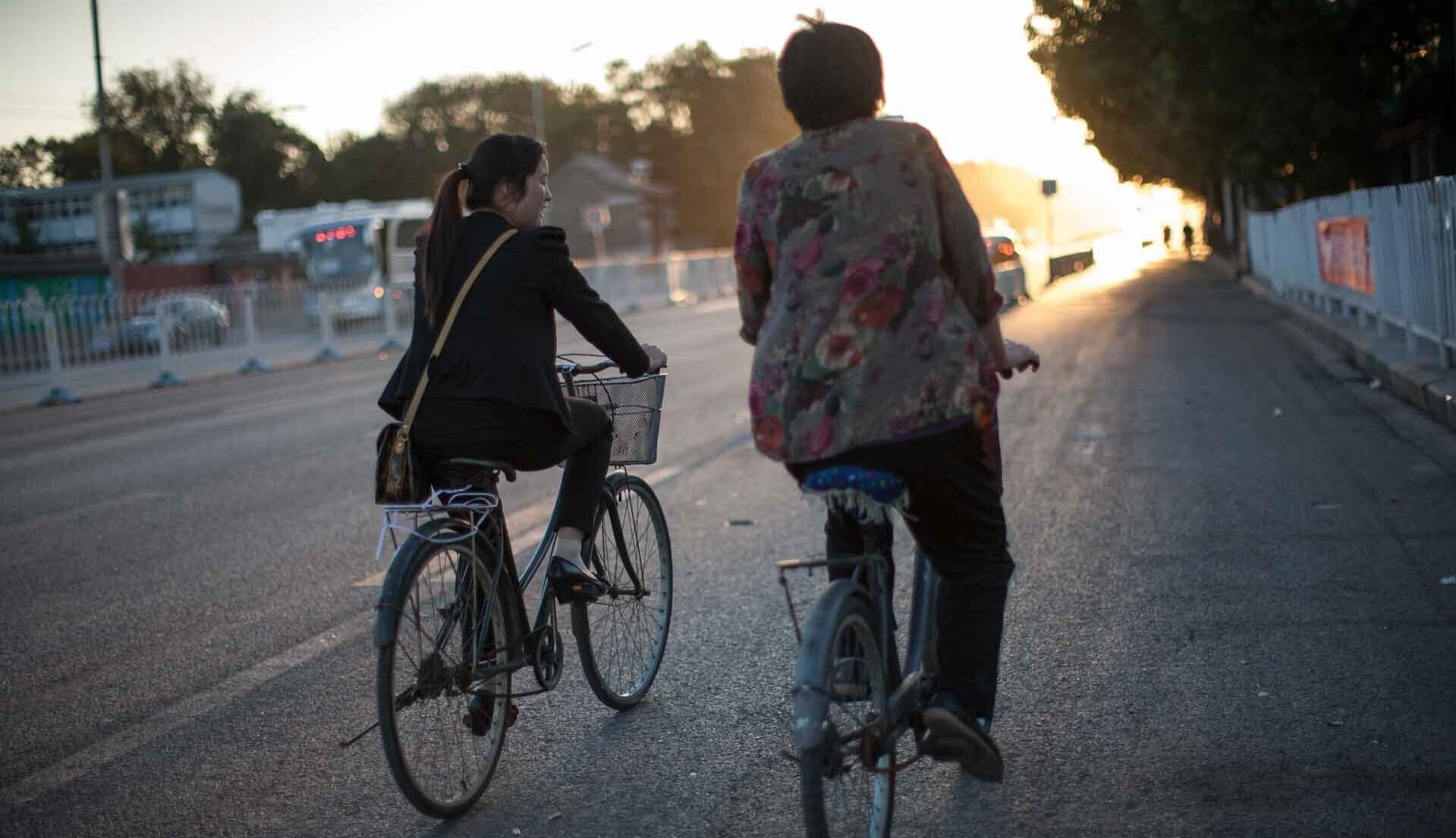
About
The NDC Transport Initiative for Asia (NDC-TIA) aims to facilitate a paradigm shift to zero-emission transport across Asia.
The program will achieve this shift by supporting China, India and Vietnam to develop comprehensive decarbonization strategies and solutions to implement them. Beyond the three countries, on the regional and global level, the program will maximize impact by reaching out to additional countries in Southeast Asia, sharing lessons learned, increasing discourse on decarbonizing transport and promoting efficient, multi-stakeholder approaches coordinated between government ministries, civil society, and the private sector.
These approaches may include creating regulations and technical standards to promote electric vehicles and other low carbon transport technologies, enhancing fuel economy and greenhouse gas regulations, adopting measures that enable a switch to low-carbon fuels from renewable energy, building capacities in greenhouse gas modelling for transport, and assessing best practices for financing climate actions in transport.
Our Mission
The NDC-TIA provides policy and technical support for partners across Asia to shift the transportation paradigm and decarbonize mobility for every person, in every sector.
Theory of Change
Emissions from transport in Asia need to peak earlier and at a lower level to achieve a 2-degree pathway. To get on track, countries need to set clear and ambitious decarbonization visions that significantly change the movement of both goods and people.
A strong vision requires an integrated approach to align the necessary mobility and energy transitions across uses (e.g., passengers and freight), modes (rail, road, maritime) and geographies (urban, rural, intra-urban).
The need of the hour is to implement policy measures that require investments in capacity building of diverse stakeholders and to convince both suppliers and users of transport sector to change their behavior.
The NDC Transport Initiative for Asia supports these changes in six ways.
Activities
Building on existing projects.
Each partner country is already working toward decarbonizing transportation. The project aims to connect and focus existing activities towards a more ambitious, more integrated vision, and support the implementation of concrete steps to achieve that vision.
Supporting the development of an integrated vision.
The project empowers stakeholders to develop ambitious visions for the transport sector and integrate them into existing strategies and future NDCs. For example, the project will help develop a GHG and air pollutant double peaking strategy in China, a national stakeholder platform in India, and a monitoring and reporting system in Vietnam.
Providing input for target setting.
The project provides analysis and tools to help partners translate their vision into concrete targets for national policies as well as the Paris Agreement’s NDC update process.
Supporting policy frameworks.
The project works with the countries to enhance their policies and regulatory frameworks by providing technical assistance on topics such as demand and supply side zero-emission vehicle policies, charging infrastructure uptake, modeling tools, cost-benefit analysis tools, energy efficiency regulations, strategies for modal shift, and scenario analysis.
Increasing global awareness and raising ambitions.
Through events, publications, and peer-learning the project promotes knowledge exchange and capacity-building at the regional and global level to promote innovation beyond the three partner countries.
Supporting implementation.
The project supports governments in implementation by testing individual policies, instruments or tools through pilot projects.
Questions about the NDC Transport Initiative for Asia? Contact us to learn more.
